Hives and Breastfeeding – Can You Pass on the Allergy to Your Baby?

Breast milk’s nutritional benefits are paramount for a baby’s development, offering a comprehensive array of essential nutrients. However, it’s crucial to acknowledge that breast milk is not only a source of nourishment but can also transmit various elements from the mother’s diet or health status to the child. This includes potential allergens, infections, and bacteria. For mothers grappling with hives, the concern arises about the transfer of allergic reactions to their infants. Exploring this aspect becomes imperative for breastfeeding moms navigating health challenges, as understanding the interplay between maternal conditions and breast milk content is essential for informed parenting decisions. So, let’s take a look at the connection between hives and breastfeeding.
What Are Hives?
Hives (Urticarial/ Nettle Rash) is an allergic reaction to one or more triggers around you. It is identified by itchy welts on the skin. These welts are raised and white or pinkish in nature. Hives may occur anywhere on the body.
What Are the Causes of Hives?
Hives are caused by the release of ‘histamine’ (a compound released by the tissue in response to the allergy ) in the skin. A wide variety of reasons could trigger this release, which include:
- Food (dairy, certain fruits and vegetables) (1)
- Physical conditions (cold, warm, sweating, exercising, sun)
- Stress
- Medical conditions
- Hormonal conditions
- Pollen (2)
- Animal/ insect bites
What Are the Symptoms of Hives?
Hives usually have the following signs and symptoms (3).
- Red or skin-colored welts
- Itching
- Large plaques that spread
Should You Breastfeed if You Have Hives
Wondering about Hives or urticaria and breastfeeding? Hives are not contagious, except for those which are viral and cannot be transmitted from mother to child. Breastfeeding can be continued without any worry of it affecting your baby.
Diagnosis of Hives
Diagnosing hives, also known as urticaria, typically involves a thorough examination by a healthcare professional. The process begins with a detailed medical history, wherein the doctor may inquire about recent exposures to potential allergens, changes in lifestyle, or any medications taken. Physical examination helps assess the extent and appearance of the hives.
If the cause is unclear, additional tests may be recommended, such as blood tests or allergy tests, to identify underlying triggers. In some cases, the doctor may perform a skin biopsy for a more detailed analysis. Monitoring the duration, pattern, and potential triggers of hives aids in establishing an accurate diagnosis, enabling tailored treatment strategies. Seeking prompt medical attention is crucial for the effective management of hives and the identification of any underlying health issues.
How to Treat Hives While Breastfeeding?
Postpartum hives and breastfeeding is a tricky topic, as anything consumed by the mother will be transmitted to the baby through breast milk. Here are some ways in which you can treat hives while breastfeeding:
- Consult a Healthcare Professional: Seek guidance from a healthcare provider to accurately diagnose the cause of hives and determine an appropriate treatment plan.
- Antihistamine Medications: Antihistamines are commonly prescribed to alleviate hives. However, use them with caution during breastfeeding due to potential transfer to breast milk. Some doctors suggest that the consumption of the medication right after a feed will reduce the chances of it accumulating in the breast milk.
- Timed Medication: If prescribed antihistamines, take them immediately after breastfeeding to minimize their presence in breast milk.
- Identify Triggers: Work with a healthcare professional to identify and avoid potential triggers for hives, such as certain foods, environmental factors, or stress.
- Topical Treatments: For localized hives, topical creams or ointments may provide relief. Ensure these are safe for breastfeeding, and consult with a healthcare professional.
- Cool Compresses: Applying cool compresses to affected areas can help reduce itching and inflammation associated with hives.
- Hydration: Maintain good hydration levels as it can support overall skin health and may contribute to relieving hives.
- Avoid Irritants: Steer clear of irritants like tight clothing, harsh soaps, and hot water, which can exacerbate hives.
- Regular Monitoring: Keep track of symptoms, their frequency, and potential triggers to share with healthcare providers for ongoing assessment.
- Alternative Therapies: Some individuals find relief through alternative therapies like acupuncture or herbal remedies. However, consult with a healthcare provider before trying these approaches.
Home Remedies You Can Try to Treat Hives
If you have been unfortunate to have hives at the time of breastfeeding, and are apprehensive about using a drug. These are some of the other remedies and ‘pain control’ you could try.
1. Cold Compress
This is the best instant remedy for the itch. As long as the hives are not triggered by cold, this remedy will block the further release of histamine. Apply immediately as the pain occurs.
2. Baking Soda
Baking soda has been used traditionally as a soother and cleanser. Its anti-inflammatory property helps reduce inflammation as well as itching.
3. Apple Cider Vinegar
Apple cider vinegar has antihistamine properties that will relieve inflammation and regulate the body’s immune system response.
4. Kitchen Herbs
Kitchen herbs such as turmeric, ginger, mint, neem, and basil are all known for their anti-inflammatory properties.
When to Consult a Doctor?
- The first step to take when you notice an outbreak is to consult your doctor. He will guide you on further treatment and may even help you detect the trigger.
- Contact the doctor again if the condition is acute (presence of the outbreak for more than six weeks)
- Contact the doctor immediately if you feel dizzy or breathless due to an outbreak.
FAQs
1. Should I Avoid Certain Foods While Breastfeeding With Hives?
It’s advisable to consult with a healthcare professional to identify potential food triggers for hives when breastfeeding. In some cases, avoiding specific foods may be recommended based on individual circumstances.
2. How Long Does Postpartum Hives Last?
The duration of postpartum hives can vary. In many cases, hives resolve within a few days to a few weeks. However, persistent or recurrent hives should be discussed with a healthcare provider for a thorough evaluation and appropriate management.
Can breastfeeding cause hives? In the rarest cases, breastfeeding hives are a possibility. One of the reasons for the ambiguity around hives and their treatment is the difficulty in detecting the origin. It could be anything, even breastfeeding itself. With the help of your doctor or health practitioner, the cause can be detected over time and find remedies for hives. Regular observance and taking care of yourself will help you on a safer journey of breastfeeding with hives.
References/Resources:
1. Hives: Causes; American Academy of Dermatology Association; https://www.aad.org/public/diseases/a-z/hives-causes
2. Postpartum Hives: Symptoms, Causes and Treatments That Work; Revival Research Institute; https://revivalresearch.org/blogs/postpartum-hives/
3. Hives; Penn Medicine; https://www.pennmedicine.org/for-patients-and-visitors/patient-information/conditions-treated-a-to-z/hives
4. Chronic Hives; Mayo Clinic; https://www.mayoclinic.org/diseases-conditions/chronic-hives/symptoms-causes/syc-20352719
5. Hives; Cleveland Clinic; https://my.clevelandclinic.org/health/diseases/8630-hives
6. So. M, Bozzo. P, Inoue. M, Einarson. A; Safety of antihistamines during pregnancy and lactation (Canadian Family Physician); National Library of Medicine; https://www.ncbi.nlm.nih.gov/pmc/articles/PMC2868610/; May 2010
7. Sachdeva. S; The Dermatoses of Pregnancy (Indian Journal of Dermatology); National Library of Medicine; https://www.ncbi.nlm.nih.gov/pmc/articles/PMC2763729/
8. Kocatürk. E, Podder. I, Zenclussen. A, Zajac. A, et al.; Urticaria in Pregnancy and Lactation (Frontiers in Allergy); National Library of Medicine; https://www.ncbi.nlm.nih.gov/pmc/articles/PMC9300824/; July 2022
Nausea while Breastfeeding
Itchy Breast when Breastfeeding
Sore Throat during Breastfeeding
Breastfeeding Problems & Their Solutions
Was This Article Helpful?
Parenting is a huge responsibility, for you as a caregiver, but also for us as a parenting content platform. We understand that and take our responsibility of creating credible content seriously. FirstCry Parenting articles are written and published only after extensive research using factually sound references to deliver quality content that is accurate, validated by experts, and completely reliable. To understand how we go about creating content that is credible, read our editorial policy here.






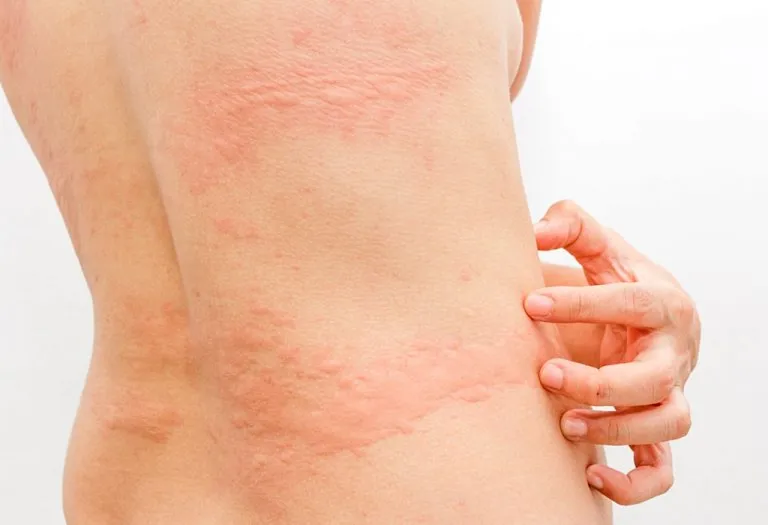
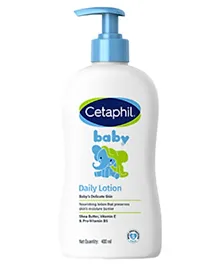
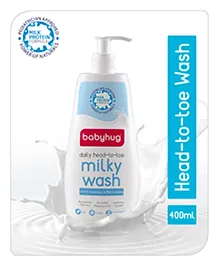

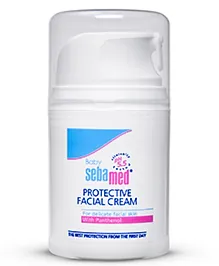
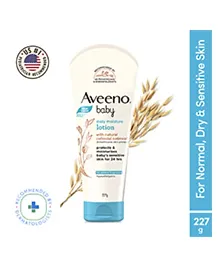
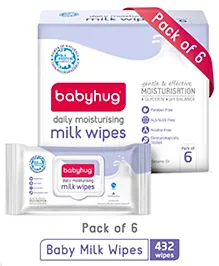
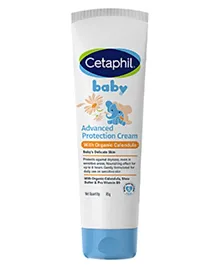
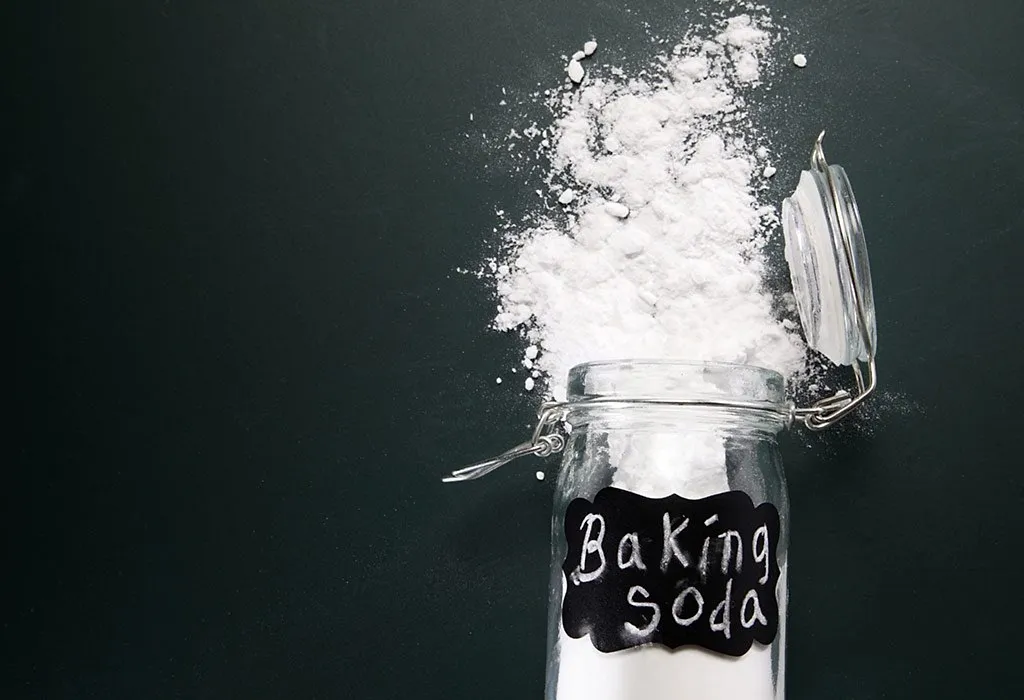





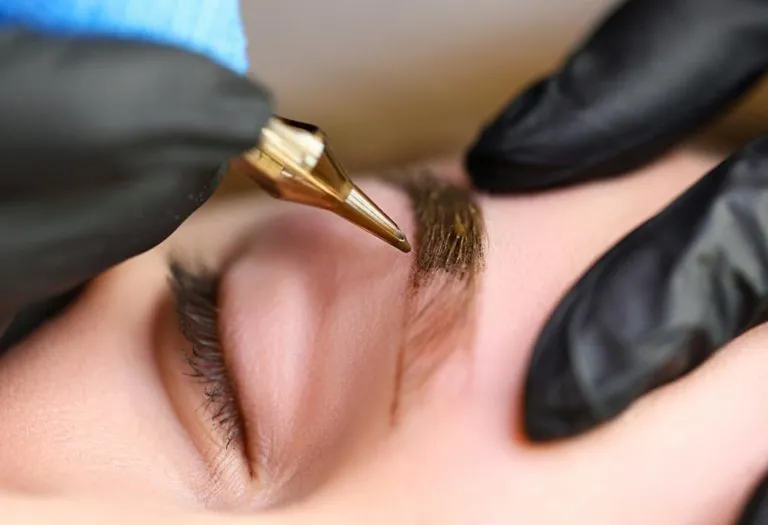

.svg)


















